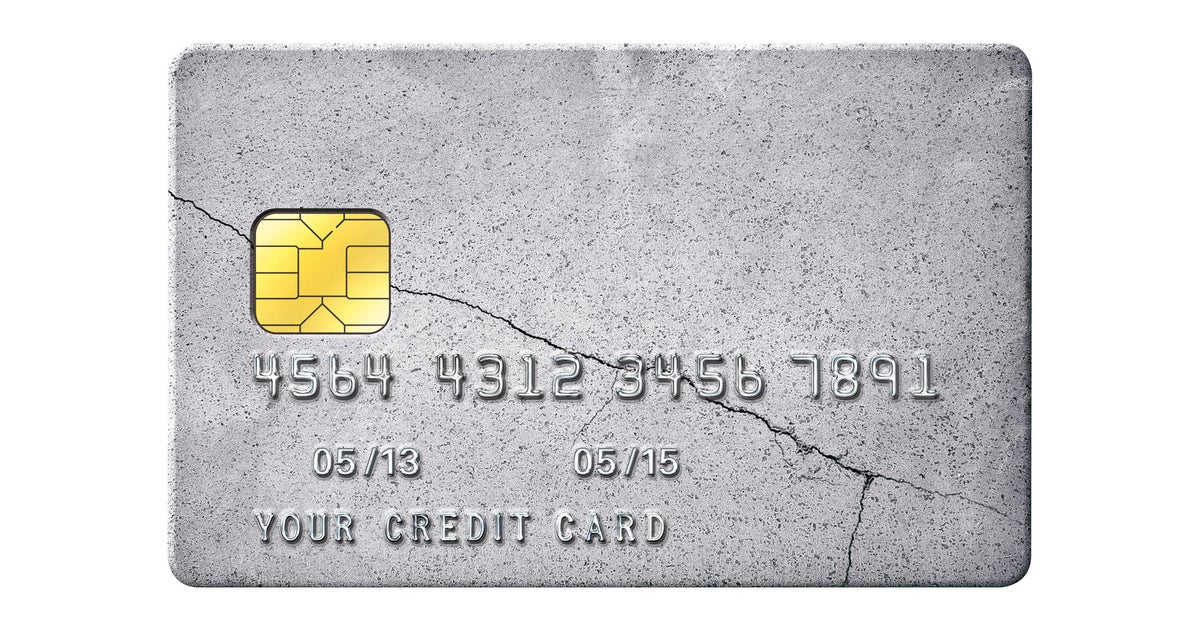How to expedite the mortgage closing process
Buying a home is an exciting milestone, but the mortgage process can be tedious and stressful. Not only do you have to find the right mortgage lender, but you also have to determine the best mortgage loan for your needs, which can be tricky in today's rate environment. After all, inflation has caused mortgage rates to skyrocket over the last couple of years. While rates were hovering near 3% in late 2021, the average 30-year loan rate is now well above 7%.
In turn, other types of mortgage loans, like adjustable-rate mortgages (ARMs), can be worth considering if you want to keep costs down, as the variable rates tied to these loans could mean future interest savings if mortgage rates decline. But as with any type of mortgage loan, ARM loans also have their downsides — as do other lower-rate options, like 15-year mortgage loans. Ultimately, though, it's important to put in the work, weigh your options and find the right mortgage loan at the right rate.
But that's just one part of the mortgage loan process. There are lots of steps involved in buying a home with a mortgage, and, in turn, there are numerous potential delays that can occur and drag out closing. Luckily, there are also ways you can stay on track and potentially speed up the mortgage closing process. Here's what you should know.
Compare your best mortgage loan options and apply for a loan today.
How to expedite the mortgage closing process
There are a few ways you may be able to help speed up the mortgage closing process, including:
Use a knowledgeable real estate agent
An experienced real estate agent can provide valuable guidance throughout the mortgage loan process, as they are better prepared for what's to come, understand the roles of all the parties involved and know the typical timelines. Plus, having an agent who is proactive in following up and good at coordinating can make a big difference in keeping everything on track and getting to closing quickly.
Find out what mortgage loan rates you could qualify for here.
Respond quickly to lender requests
Your mortgage lender will likely need additional documentation from you at various points during the underwriting and loan processing steps. Be sure to respond promptly to any requests you get to avoid unnecessary delays.
Keep your loan officer's contact information handy and make sure you have updated pay stubs, bank statements, tax returns or other financial documents on hand to provide as needed. The quicker you can provide the requested paperwork, the quicker your file can keep progressing, helping to expedite the process.
Be flexible on your closing date and time
While you'll select an ideal closing date when first applying for the loan, sometimes meetings need to be shifted due to circumstances beyond your control. Remaining flexible on exactly when closing takes place can help you circumvent unnecessary delays caused by busy schedules and tight timeframes.
Review closing documents beforehand
You'll receive your closing disclosure several days in advance. This document outlines the final loan terms, projected monthly payment and closing costs. Rather than waiting until closing to review this dense stack of documents for the first time, go through it carefully as soon as you receive it. This allows you to resolve any errors or discrepancies upfront rather than delaying closing.
Have cash ready to close
In addition to your down payment, you'll need to pay other costs at closing, like lender fees, title insurance, property taxes and prepaid items like homeowner's insurance. Once you receive a list of the official closing costs from your lender, obtain a cashier's check, certified funds or wire transfer for the total amount due.
Don't wait until the last minute to get a cashier's check or transfer closing funds, either. Take care of this a few days before your scheduled closing date to avoid any payment delays that could postpone closing. Having the cash ready prevents last minute rushes or delays in funding.
Preemptively address any credit issues
Your credit will be run again just before closing, so avoid any credit issues that could derail the process. Don't open any new credit lines or loans, max out or miss payments on existing credit cards or make any major purchases that could impact your credit score or debt ratios. If any new credit issues arise, clear them up quickly and provide documentation to your lender as soon as possible.
Maintain consistent employment
Your mortgage lender approved you for your mortgage loan based on your current employment and income situation. So, try to avoid any employment changes like switching jobs or becoming self-employed in the final weeks leading up to closing, as this could raise red flags and require re-verification of your employment, delaying your closing date in turn.
Secure homeowners insurance before your closing date
You'll need a paid homeowner's insurance policy in place before closing. As soon as your purchase contract is accepted, contact insurance companies to shop rates and determine which one makes the most sense for you. And, once you're sure that the home purchase will be completed, secure the policy. Be sure to also provide the insurance binder proof to your lender well before closing so this isn't a last-minute holdup.
Coordinate power of attorney if necessary
If a spouse or co-borrower will be out of town or unable to physically attend the closing, make arrangements for power of attorney well in advance. Your lender likely has specific power of attorney requirements, so discuss this ahead of time so the proper documents are prepared and ready to be signed by closing.
Do an early final walk-through
Before heading to the closing table, conduct a final walk-through of the property as early as possible to ensure it is in the expected condition per your contract. That can give you extra time to resolve any unexpected issues and avoid closing delays in certain cases. Note, though, that in some circumstances, a delayed closing is still better than being stuck with repairs or headaches after the deal is sealed.
The bottom line
By taking a few proactive steps during the homebuying process, you can help facilitate a smoother mortgage closing process. And, while some closing delays are unavoidable, being organized, responsive and solution-oriented can prevent unnecessary headaches and keep things progressing toward your closing date.




